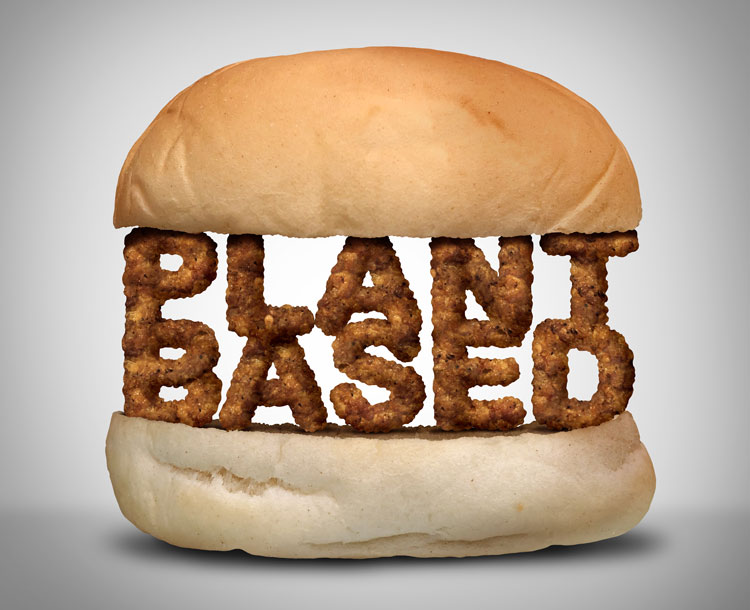
As consumers, we can play a role in reducing the nation’s carbon footprint, but it might not be in the way most people think.
During the June Hoard’s Dairyman webinar, Frank Mitloehner, a professor at the University of California, Davis, said some believe eating fewer animal sourced foods will cut back greenhouse gas emissions. The truth, though, is that these dietary changes would have a very small impact.
Mitloehner shared that switching from an omnivore diet to a vegan one for a year would reduce carbon dioxide emissions by 0.8 tons. Meanwhile, one trans-Atlantic flight releases 1.6 tons of carbon dioxide per person on board. So, every rider on that airplane would need to consume a vegan diet for two whole years to offset the emissions produced by that one flight.
Another dietary change often promoted is “Meatless Mondays,” which encourages people to not eat meat one day a week. However, Mitloehner shared that if the whole country skipped eating meat once a week, greenhouse gas emissions would be reduced by just 0.3%. Taking it a step further, if everybody in the country went vegan for the year, greenhouse gas emissions would only fall by 2.6%.
Furthermore, Mitloehner said most people who take radical action to change their diet (by going vegan, for example), only stick with that plan for a year and then revert back to an omnivore diet. That makes dietary changes an unsustainable way to reduce our carbon footprint.
What is the answer, then?
“To me, it is very clear, if we want to reduce carbon footprint of food, we need to work with farmers,” Mitloehner shared, “and how we do that effectively is to incentivize methane reductions.”
He also commented on the amount of food that is wasted, which plays into food’s carbon footprint. Globally, one out of three calories never make it through a human digestive tract. “That is a huge travesty, and something that needs to change,” Mitloehner said.
He explained that perishable foods such as fruits and vegetables are wasted the most, up to 60%. Food from animal sources have 10% to 20% loss, which he said is still too high. “I think we all agree that we can do better,” he said.
To learn more about agriculture’s role in reducing emissions, watch the Hoard’s Dairyman webinar, “Dairy’s path to climate neutrality.” The sponsor for this webinar was FeedworksUSA.








